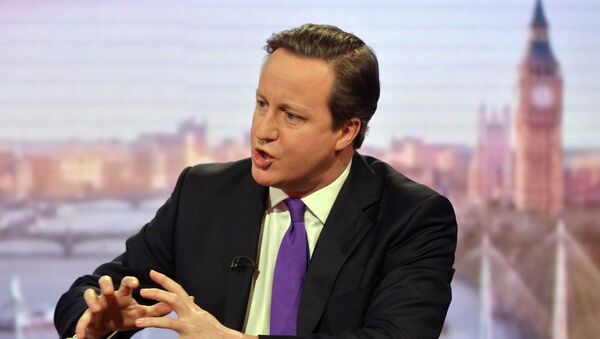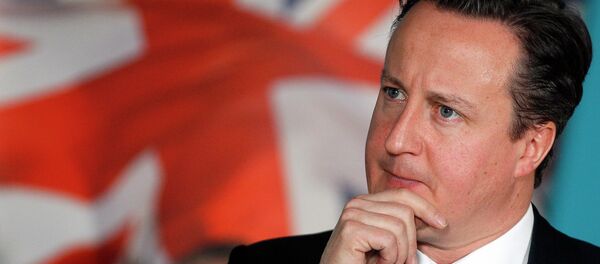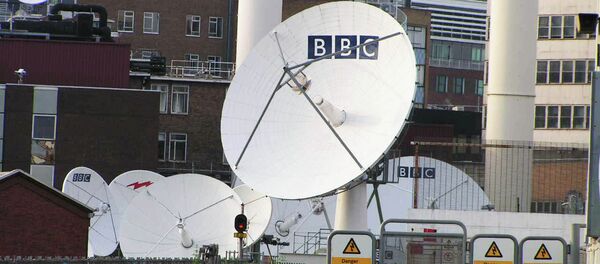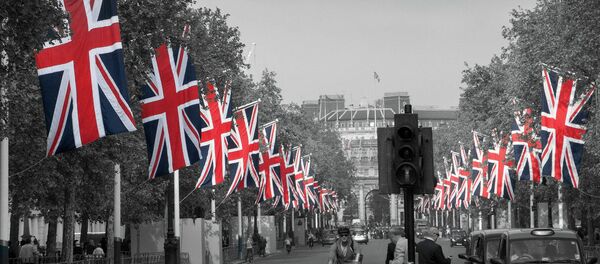Baldwin's claims follow allegations by senior Conservative officials that the BBC took a pro-Labour stance in its general election coverage. For instance, Philip Davies, Conservative member of parliament, said that BBC presenters barely tried to hide their personal preferences.
"BBC executives and journalists have told me that there were regular, repeated threats from senior Tories during this election campaign about 'what would happen afterwards' if they did not do as they were told and fall into line," Baldwin wrote in an opinion piece published by the Guardian.
Baldwin, who is also former deputy political editor of the Times, stressed that he himself was often "infuriated" by the BBC's election coverage.
He noted, however, that no government should "play political games" with media independence.
"The BBC is an organisation that is invested in fairness, seeking balance even when it is impossible to achieve, listening and speaking to everybody. All that is precious and fragile, especially now," Baldwin concluded.
After the Conservative win, Prime Minister David Cameron appointed one of the corporation's biggest critics, John Whittingdale, as Culture Secretary – a move some British media commentators see as "going to war" with the BBC. The Daily Mail said, citing Tory sources, that Whittingdale was determined to "sort out the BBC" and cut or even kill the broadcaster's license fee.
For years, the sum and the very existence of the license fee has caused debate. Some politicians have suggested that it be replaced by a subscription model or even be included in the household tax.
The BBC's Royal Charter, which sets out the BBC's funding for a ten-year period, is up for renewal in December 2016.





